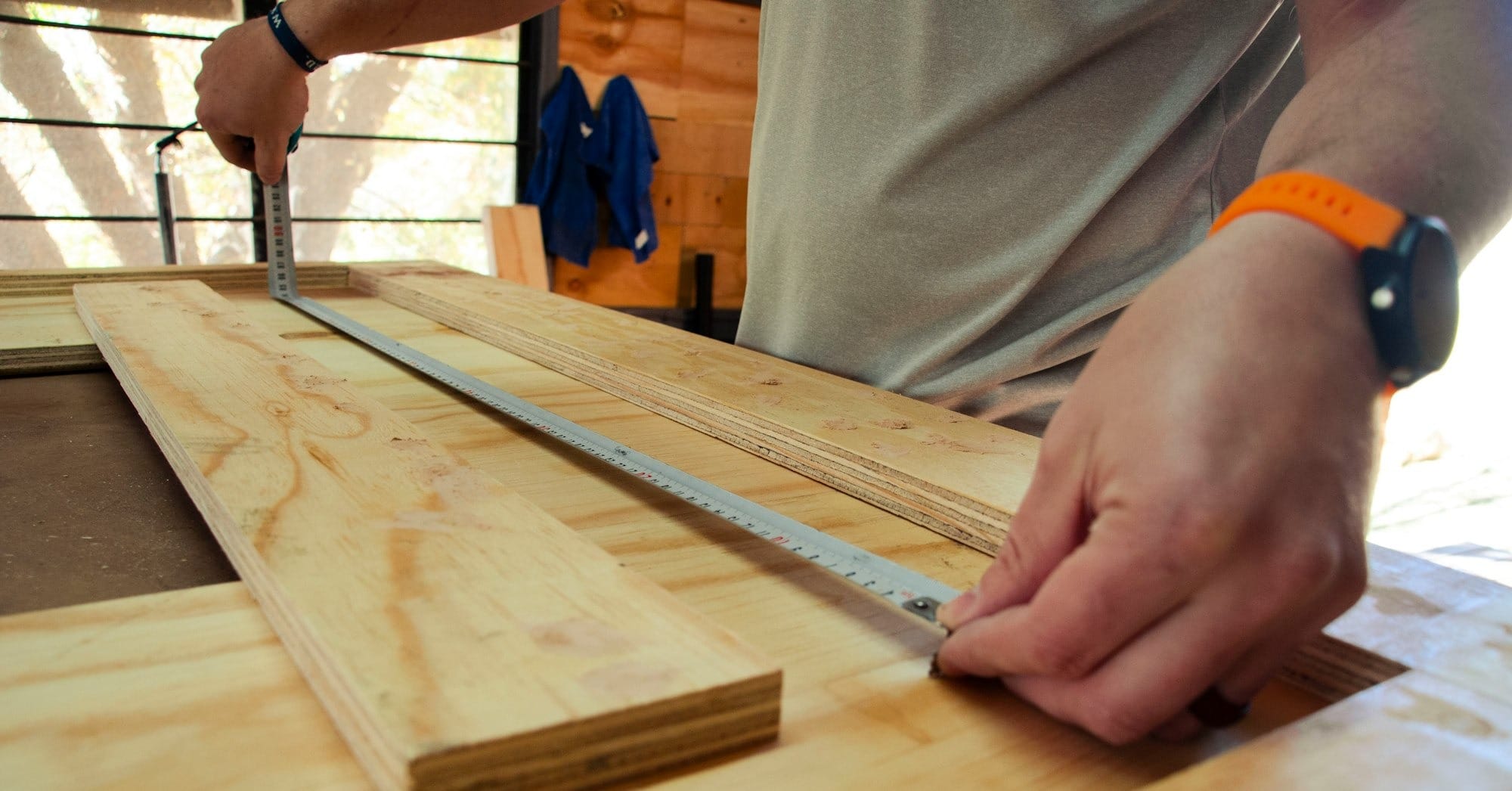From intricate joinery to large-scale construction projects, the scope of a carpenter's work is incredibly varied. Their expertise ensures the safety, functionality, and aesthetic appeal of countless buildings and furniture pieces.
Introduction to Carpenter Jobs
Carpenter jobs form the backbone of the construction and woodworking industries, encompassing a broad range of tasks from building frameworks and structures to detailed finish work. Carpenters craft everything from the skeletons of massive buildings to the elegant intricacies of furniture. Whether working on a high-rise development project or creating custom wood pieces, carpenters blend physical skill with a deep understanding of materials and tools. Their work is pivotal in ensuring the structural integrity and aesthetic quality of countless construction projects.
As a carpenter, versatility is key. You might find yourself shaping beams in the morning and installing moldings in the afternoon. This dynamic profession often requires you to adapt to various working conditions, including indoor and outdoor settings, sometimes in challenging weather. Mastery of hand tools and power tools is essential, along with a strong grasp of reading and interpreting blueprints. With experience and continued learning, many carpenters specialize in niches such as cabinetry, wood framing, or even intricate wood carving, allowing them to further hone their craft and command higher wages.

Types of Carpenter Specializations
Carpentry encompasses a variety of specializations, each with its own unique skills and applications. As a residential carpenter, you might focus on constructing homes, from framing walls to installing roofing and siding. On the other hand, a finish carpenter perfects the final touches within a structure, such as installing trim, molding, or cabinetry, ensuring that spaces not only function well but also look polished and professional. Additionally, rough carpenters are known for their work in creating foundational and structural elements, including frameworks for buildings, bridges, or even concrete forms.
For those drawn to the artistic side of woodworking, becoming a furniture maker or cabinet maker could be particularly rewarding. These specialists transform raw materials into beautiful, functional pieces through intricate joinery, carving, and finishing techniques. Architectural woodworkers, meanwhile, bring detailed craftsmanship to commercial and historical buildings, often creating custom millwork and decorative elements. Regardless of the path you choose, venturing into these specializations allows you to develop expertise in areas that cater to your strengths and interests, ultimately contributing to the creation of high-quality wooden structures and features.
How to Get Started in Carpentry
Embarking on a career in carpentry can be a fulfilling journey that starts with developing foundational skills. It's crucial to gain a solid understanding of various woodworking tools and techniques. Participating in a formal educational program, such as earning a bachelor's degree with a focus on woodworking or construction management, can provide a comprehensive overview of the field. Additionally, many aspiring carpenters choose to start with an apprenticeship, which offers hands-on experience and practical knowledge. This not only helps in mastering the craft but also provides insights into planning and executing projects safely and efficiently.
Choosing a specialization within carpentry can guide your career development. Whether it’s architectural woodworking, cabinetry, or furniture making, honing your skills in a specific area can set you apart. Additionally, networking with industry professionals and joining woodworking associations can open doors to valuable opportunities and resources. Discover what excites you most about the craft and let that passion drive your learning and career choices.
Benefits and Challenges in Carpenter Jobs
Embarking on a career in carpentry offers numerous benefits. The satisfaction derived from creating tangible, lasting products with your own hands is unparalleled. Every project, whether it's crafting custom furniture or framing a house, allows you to witness the immediate results of your labor. Additionally, the job market for carpenters is robust, with an average of 27,200 annual job openings. Specializations like cabinet making, wood construction management, and architectural woodworking can further enhance your career prospects. Certifications from esteemed institutions such as the Architectural Woodwork Institute can significantly elevate your professional standing, ensuring you remain competitive in the industry.
However, the path of a carpenter is not without its challenges. The physical nature of the work can be demanding, requiring strength, endurance, and dexterity. There's also the necessity to keep up with advancements in tools and techniques, which means continuous learning and adaptability. Safety is paramount, and adhering to strict safety protocols is crucial to avoid accidents. Moreover, weather conditions can affect work schedules, particularly for those involved in outdoor projects. Despite these hurdles, many find the rewards of a carpentry career—both tangible and intangible—well worth the effort.
